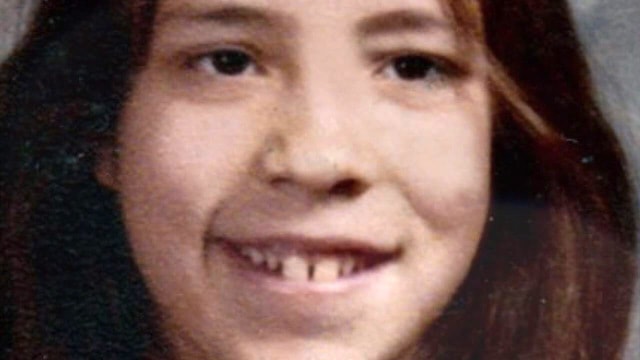Is the Lifetime movie Fatal Memories based on a true story? Is it a remake of the 1992 movie?
It’s Saturday, and that means it’s time to pop out the red wine and popcorn and get ready for another cinedramatic treat from Lifetime! Tonight’s movie is Fatal Memories, starring Italia Ricci, Farhad Mann, Magda Apanowicz, and Shauna Johannesen. Fatal Memories is the story of two sisters dealing with the murder of their mother. One of the sisters, April, is the primary suspect in the investigation, but she is traumatized and unable to recall what happened. The other sister, Sutton, is determined to prove April’s innocence, and knows that discovering the truth depends on recovering April’s repressed memories.
Here’s the full synopsis, followed by the preview trailer:
Sutton’s life is turned upside down when her mother is stabbed to death and her sister April is the leading suspect in the murder case. Suffering from severe emotional trauma, with no memory of the events surrounding the murder, April is sent to an asylum. Upon April’s release, Sutton is certain of her sister’s innocence and is determined to put the past behind them, despite the police department’s lingering suspicions. But as the past resurfaces and events start to put her family in danger, Sutton begins to question her sister’s innocence and realizes that she has to get April to recover her memory to stop the killer from striking again… whoever the killer may be.
So: is Fatal Memories based on a true story? The answer is no. The thriller is a work of fiction written by Canadian author Crystal Verge. Some of the confusion over whether or not the film was inspired by a true story is because there was a previous made-for-TV movie with the same title, which dealt with repressed memories. That movie, though, was based on an actual case.
1992’s Fatal Memories starred Shelley Long (who is most famous for playing waitress Diane Chambers in the sitcom Cheers) as Eileen Franklin-Lipsker, whose repressed memory led to the murder conviction of her father, George Thomas Franklin Sr., in 1990–20 years after the crime. Eileen recalled witnessing her father rape her childhood friend, 8-year-old Susan Nason, before smashing her skull with a rock. Eileen’s memory of the crime returned as her own daughter was nearing Susan’s age.
Here is a commercial for Fatal Memories that aired on NBC. (If the video doesn’t cue correctly, the Fatal Memories spot begins at the 8:24 mark.)
The Nason case was ground-breaking in that it set a legal precedent regarding the admission of repressed memory as evidence. The precedent lost a great deal of validity, however, as a district court judge overturned the conviction in 1995.
Eileen’s sister Janice Franklin later revealed that Eileen’s repressed memories had resurfaced while she was under hypnosis, which both siblings had testified at the trial was not the case.
From The National Registry of Exonerations:
Because the state Supreme Court had ruled that testimony based on memories “recovered” by hypnosis is unreliable, Eileen could have been barred from taking the stand at a new trial.
Further, Eileen Franklin’s credibility was called into question because she later contended that she remembered two more murders committed by her father: the rape-murders of 18-year-old Ronnie Cascio and 17-year-old Paula Baxter. But DNA tests conducted on the rape kits in 1995 identified a male DNA profile that was not Franklin. Though the same male DNA profile was linked to both murders, neither murder was ever solved.
In July 1996, prosecutors announced they would not retry Franklin, and he was released.
Sorry, I kind of got off on a tangent there–albeit a very interesting tangent! Lifetime’s Fatal Memories, which has nothing to do with the Eileen Franklin case, premieres tonight at 8/7c.






